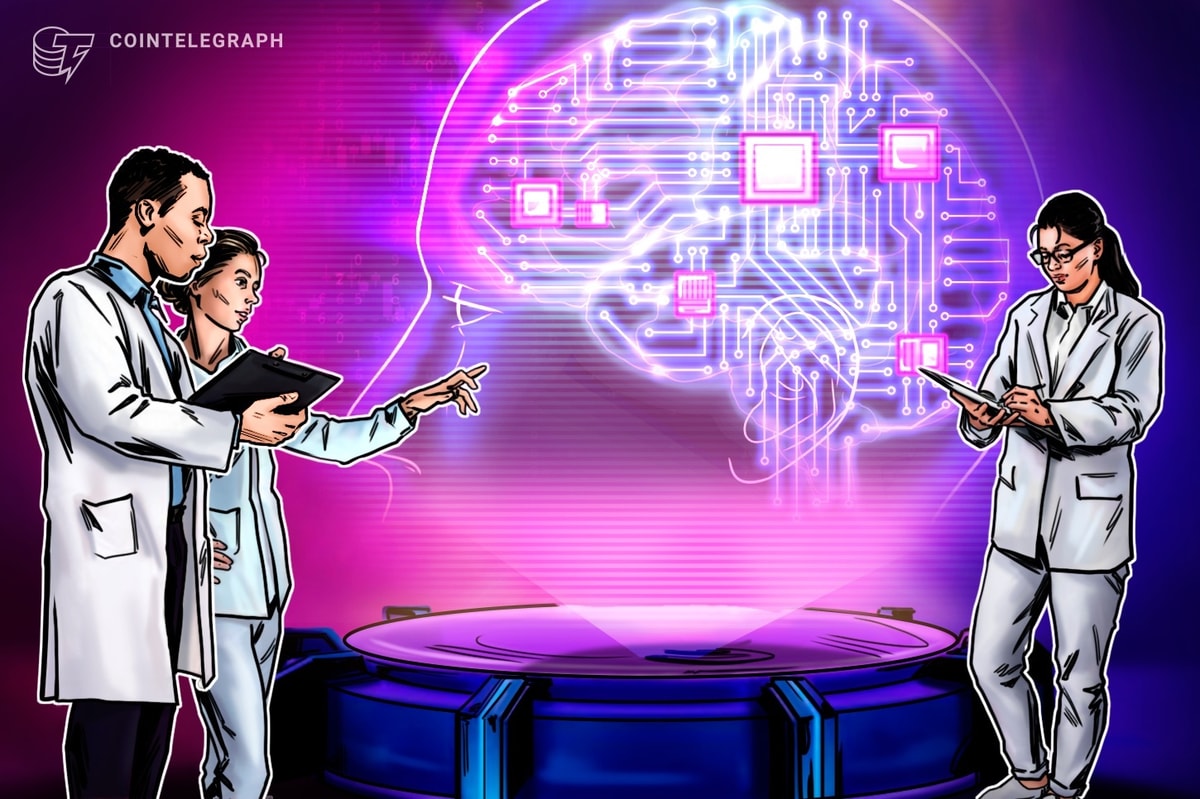Microchip giant Nvidia’s vice president of government affairs says the new framework will hurt America’s global competitiveness and undermine innovation.
News
A new artificial intelligence chip export restriction proposed by the outgoing Biden administration has sparked a backlash from the tech industry over concerns it will stifle innovation and undermine America’s leadership in the sector.
In a Jan. 13 fact sheet, the White House proposed a framework that would apply cap and licensing restrictions for semiconductor sales to all but 18 allies and partners.
The White House proposal has seen backlash from the tech industry. Ned Finkle, vice president of government affairs at chip giant Nvidia, said in a Jan. 13 blog post that the framework was “ misguided “ and could derail “innovation and economic growth.”
“The new rules would control technology worldwide, including technology that is already widely available in mainstream gaming PCs and consumer hardware,” he said.
“Rather than mitigate any threat, the new Biden rules would only weaken America’s global competitiveness, undermining the innovation that has kept the US ahead,” Finkle added.
It comes as more firms have begun ramping up AI expansion, with Microsoft announcing in September last year it was establishing two AI centers in Abu Dhabi, among other major AI investments through 2024.
Source: Nvidia
Under the proposal, the White House has proposed importing caps of up to 50,000 semiconductors per country that would apply to all but 18 countries. Government-to-government deals could bump up the cap to 100,000.
Institutions in certain countries could also apply to purchase up to 320,000 microchips over two years. Orders up to 1,700 units would not need a license to import or count against the cap.
Daniel Castro, vice president of the tech think tank Information Technology and Innovation Foundation, argued that pressuring other nations to choose between the US and its main competitor, China, would only result in “alienating key partners.”
Related: TSMC becomes first Asian company to reach $1T as AI demand surges
“Confronted with such an ultimatum, many countries may opt for the side offering them uninterrupted access to the AI technologies vital for their economic growth and digital futures — and currently, only one country is threatening to cut them off from these technologies,” Castro said.
Castro says the framework would also harm US companies with stringent regulatory burdens that foreign competitors can evade, undercutting American firms in the global market.
John Neufferthe, president and CEO of the Semiconductor Industry Association, said that policy was being rushed out the door without any input from the industry.
“The new rule risks causing unintended and lasting damage to America’s economy and global competitiveness in semiconductors and AI by ceding strategic markets to our competitors,” he said.
“The stakes are high, and the timing is fraught.”
On the other hand, US Commerce Secretary Gina Raimondo supported the move, saying in a Jan. 13 statement the policy would protect against the national security risks associated with AI while also allowing the US to lead in technological innovation.
“Managing these very real national security risks requires taking into account the evolution of AI technology, the capabilities of our adversaries, and the desire of our allies to share in the benefits of this technology,” she said.
The new restrictions face a 120-day comment period and will ultimately be left up to President-elect Donald Trump’s new administration to enact.
Magazine: Cypherpunk AI: Guide to uncensored, unbiased, anonymous AI in 2025
This article first appeared at Cointelegraph.com News

